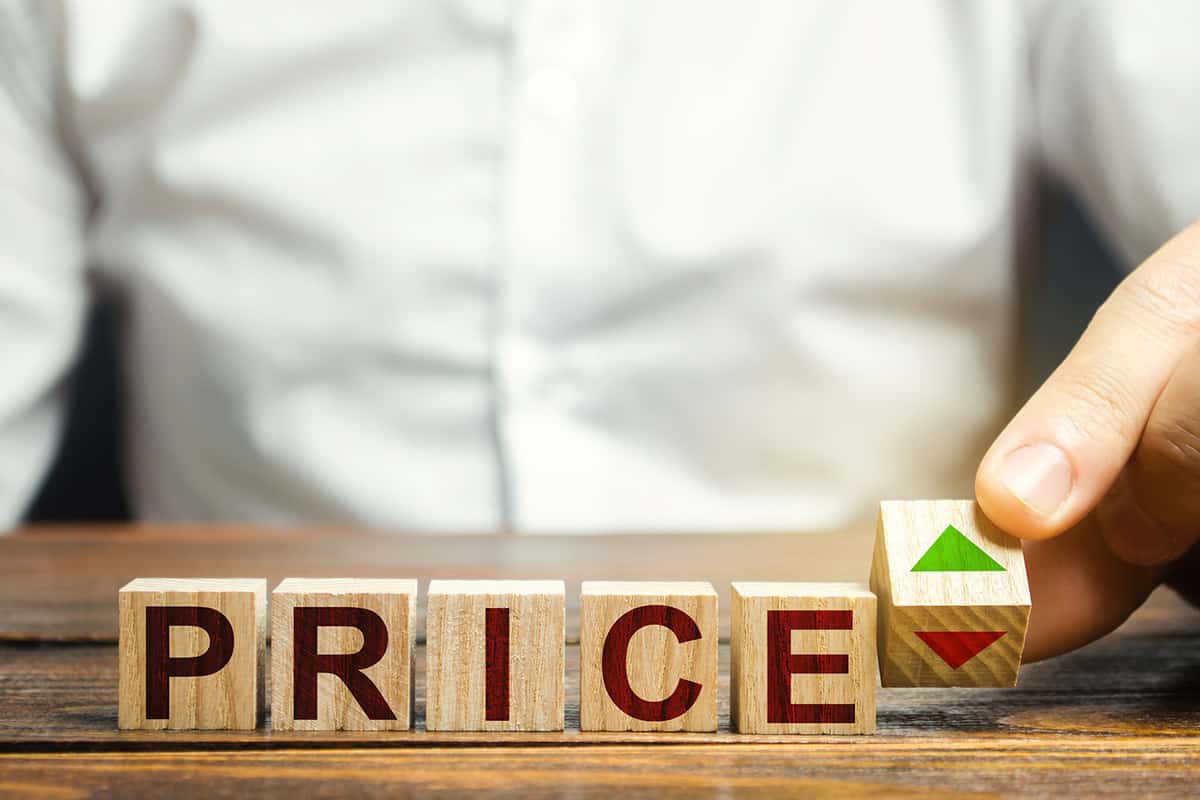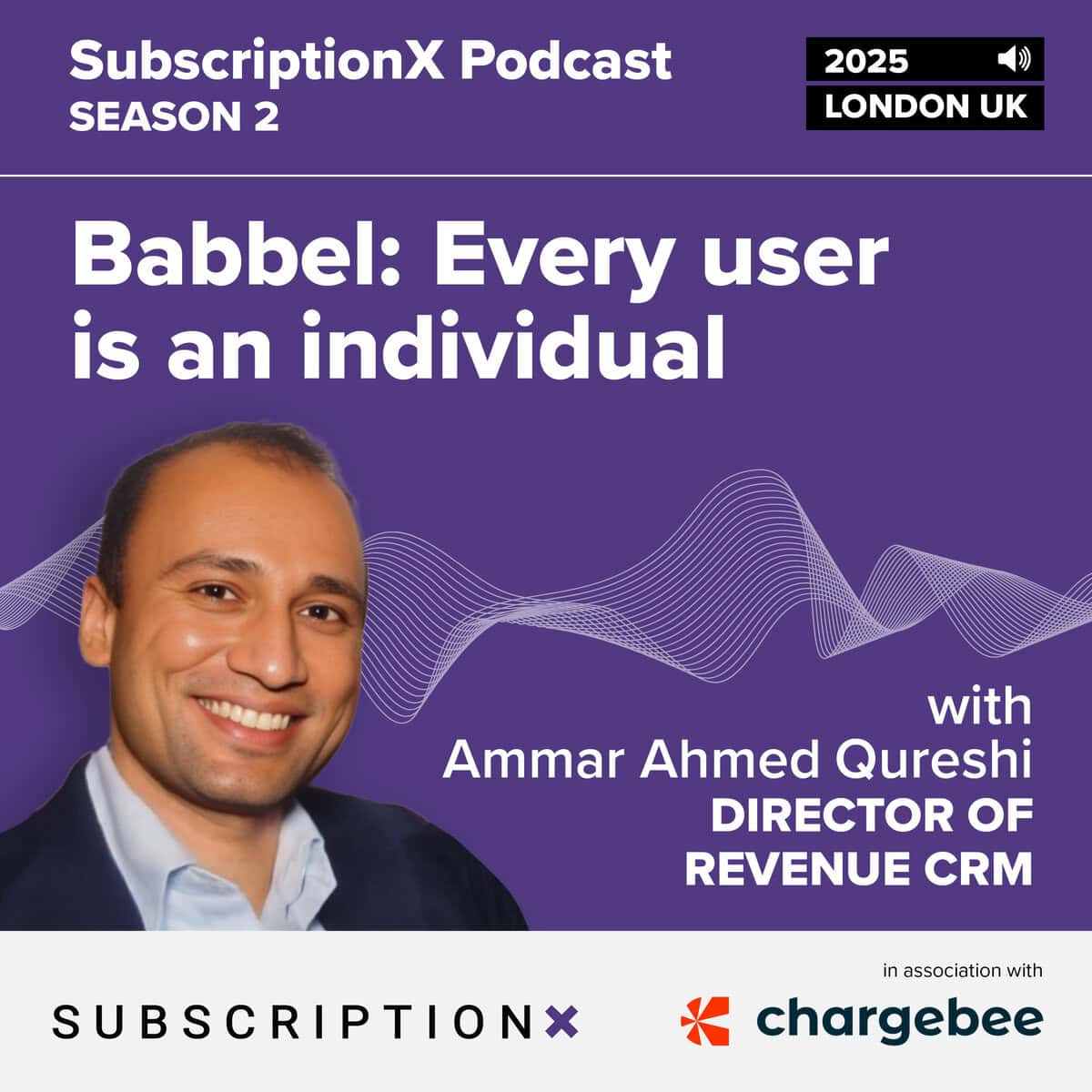eBay, Farfetch, Facebook and PayPal are among the partners set to launch the new Libra cryptocurrency next year. The Libra launch, announced today, could be a first step towards the mainstream use of cryptocurrency in retail. But plenty of factors, not least consumer trust, could hold that back.
Today’s announcement of the new blockchain-based cryptocurrency came first from Facebook, which said its own Calibra digital wallet would go live in 2020 to enable users to buy and spend the currency across a range of platforms. The social media organisation has led development of the Libra, but its control will rest with the Libra Association, based in Geneva. The Libra Association will be overseen by its founding members, who meet at least two of a range of criteria around net worth, reach and industry leadership. Once the currency is launched – and spendable – Facebook will have the same rights and obligations as any other founding member of the association. So far the association has 28 members – from marketplaces eBay and Farfetch, technology companies Uber, Spotify and Lyft, and telecoms providers Iliad and Vodafone Group, through to blockchain, venture capital and non-forprofit organisations. The aim is to have about 100 by the time the currency launches in the first half of 2020.
The Libra Association says the fact that it has reserve assets including bank deposits and short-term government bonds will give Libra users “a high degree of assurance that they can convert their digital currency into local flat currency based on an exchange rate”. It also expects that the fact of those reserves will prevent its value fluctuating in the way that other cryptocurrencies have – and instead will be “a stable digital cryptocurrency”.
It promises that interest payable on the reserve assets will be used to cover the running costs of the system, to ensure low transaction fees and to pay dividends to founding investors.
How to spend it
Faceboook says in its blog today that its digital wallet will enable people across the world, including those who do not have access to banking, to spend online without needing to have their own bank account. It says: “For many people around the world, even basic financial services are still out of reach: almost half of the adults in the world don’t have an active bank account and those numbers are worse in developing countries and even worse for women. The cost of that exclusion is high – approximately 70% of small businesses in developing countries lack access to credit and $25bn is lost by migrants every year through remittance fees.”
Instead it pins access to easy digital spending on the ownership of a smartphone, which it puts at as little as $40 – plus the cost of an internet connection. At first, it says, Calibra will enable users to send Libra to others with smartphones as easily as sending a text message “and at low to no cost”. It adds: “In time we hope to offer additional services for people and businesses, like paying bills with the push of a button, being a cup of coffee with the scan of a code or riding your local public transit without needing to carry cash or a metro pass.”
It seems likely, given the presence of eBay and Farfetch among its founders, that a retail application for the Libra cryptocurrency will quickly emerge, with much of that spending taking place via Facebook’s own systems and platform. This will enable Facebook to take a more central role in retail than it currently does at a crucial moment – the moment of payment.
Commenting, Alice Blair, head of marketing at Engage Hub, said: “Today’s news that Facebook is launching Libra should be welcomed with open arms. The fact that customers can transfer money on convenient social channels such as WhatsApp is certainly a far cry from the slow and often burdensome service offered by legacy high street banks. As we look towards the increased interactivity being demanded by customers and fuelled by machine learning and AI, RCS and WhatsApp in particular will be key weapons in any brand’s arsenal for the rest of 2019.
“However, as with any new digital offering, Facebook needs to ensure that trust is built with its users. The social media giant is still recovering from data breaches and in restoring overall trust in the brand, so the launch of Libra has to have a ‘customer-centric’ approach built in from the very start. This will involve robust social listening and analytics, to monitor how many customers are using the currency and how else they want to use and exchange it. This insight can be used to inform marketing personas and inform future experience strategies.
“Finally – this customer-centric approach cannot be at the expense of security. Facebook needs to be highly transparent in how user data is stored and managed, to offer the best possible experience for Libra users that does not compromise on privacy.”
Our view: If half of the world’s population cannot yet spend online, then enabling them to do so has the potential to boost online retail and wider digital sales enormously. But how those that have no bank account will buy Libra in the first place is as yet unclear. Presumably there’ll be an offline link, such as using cash to buy cards that represent Libra. Alternatively users may be able to earn Libra online in some way, such as through social media interactions. Whether this venture succeeds will ultimately be down to consumers – and whether they trust Facebook and its partners enough to pay them for the privilege of spending their own money. Those “no to low” costs may well end up being micro amounts – but they will all add up, especially for those that have little cash to spend – and it does look as it it will be the consumer rather than the retailer that will be paying the transaction fees, unlike conventional banking.
Image courtesy of Facebook








